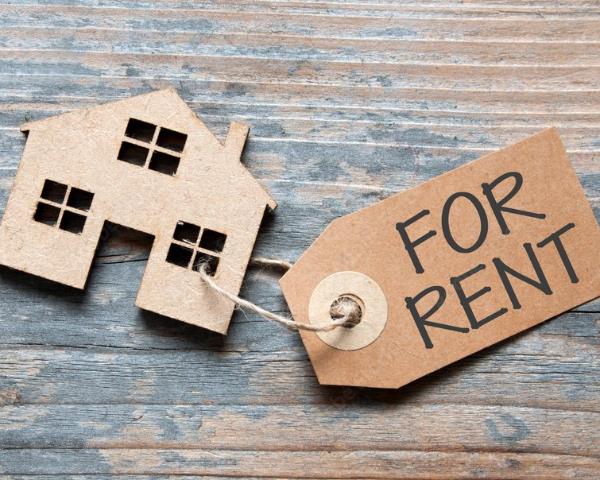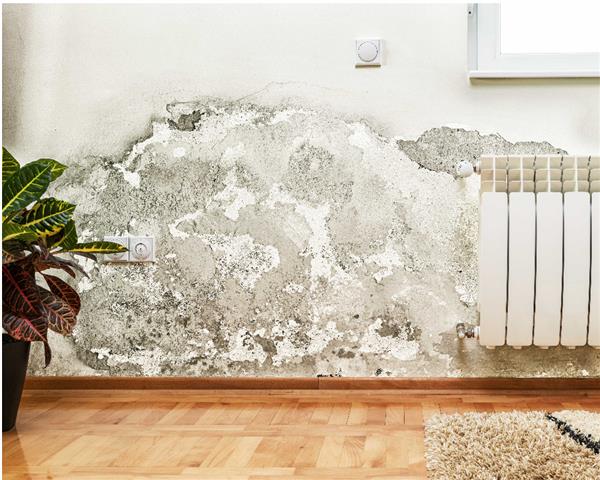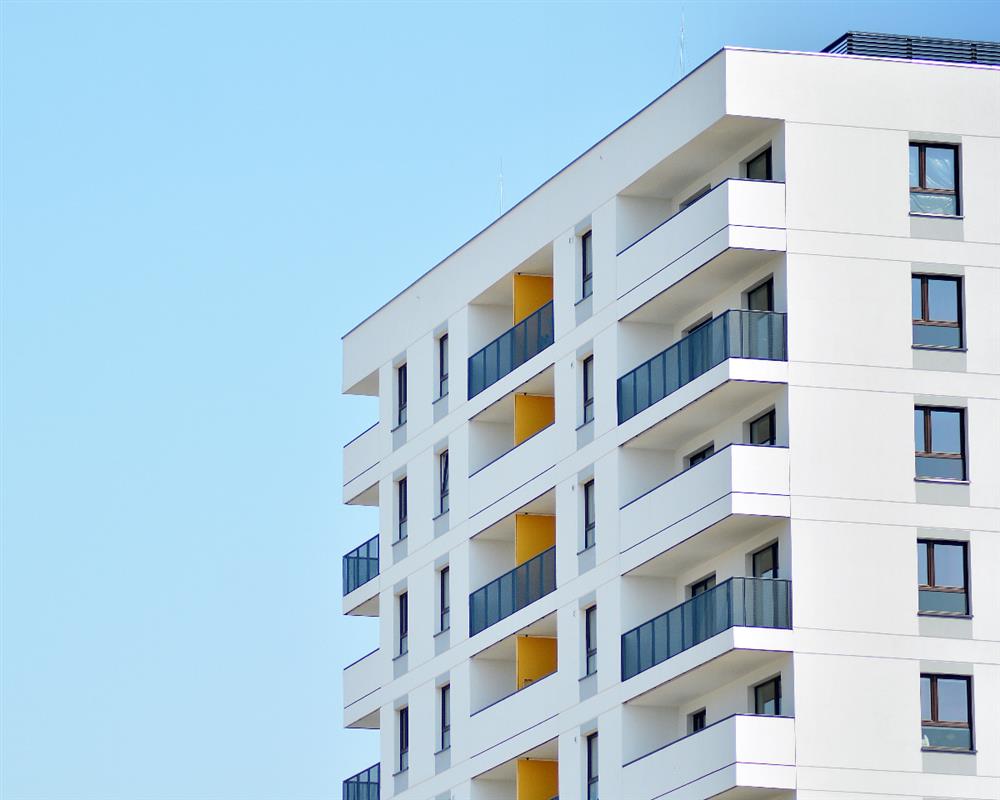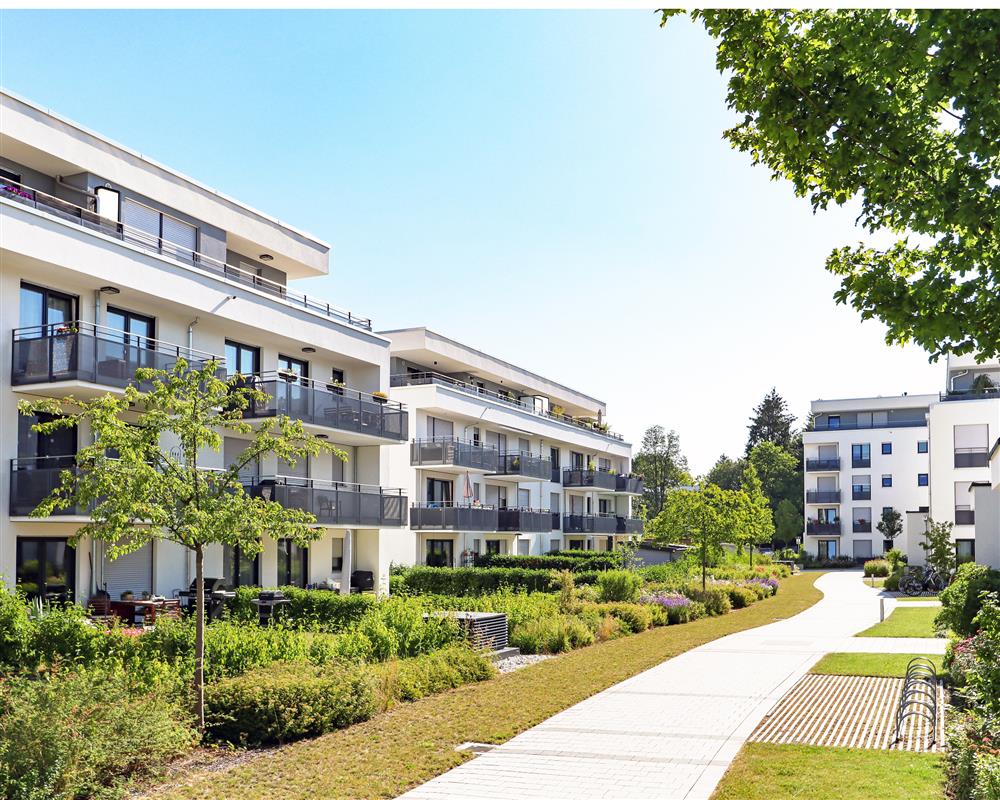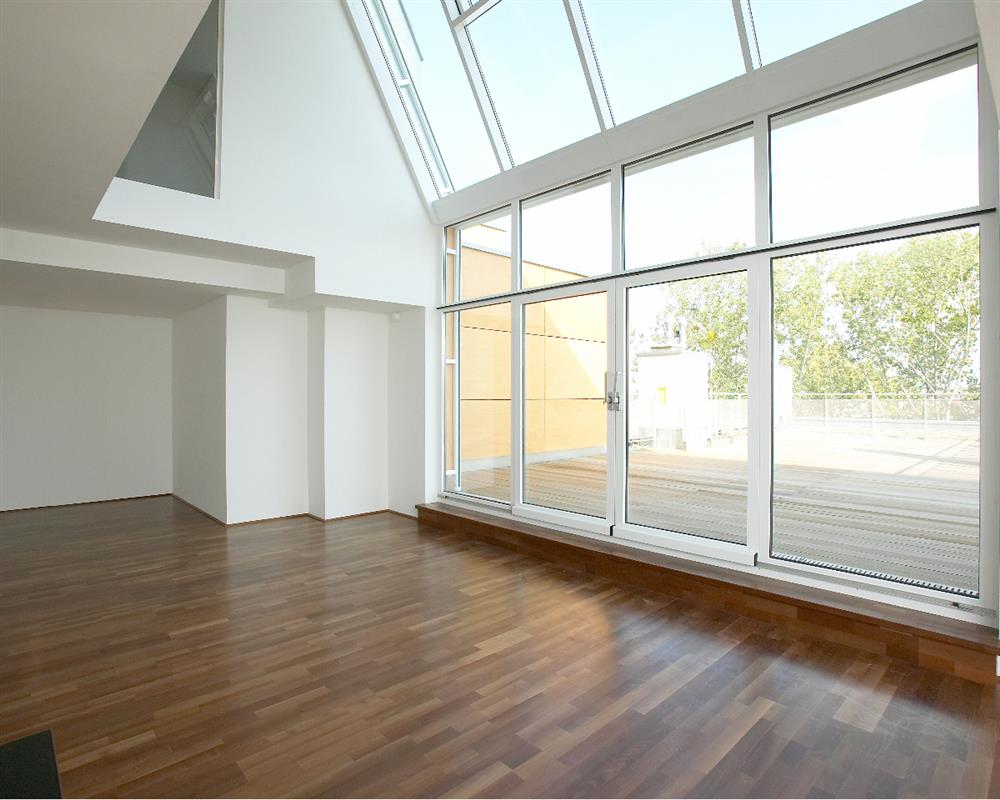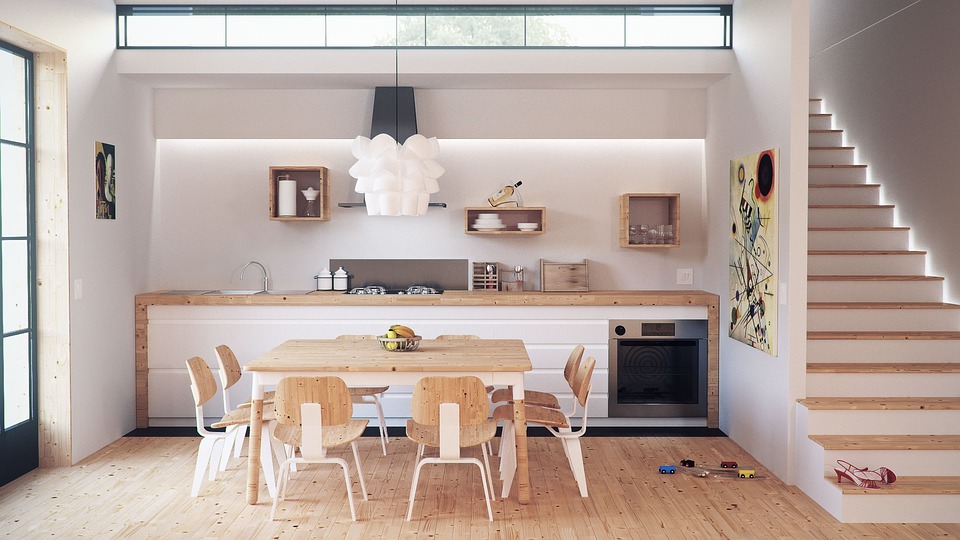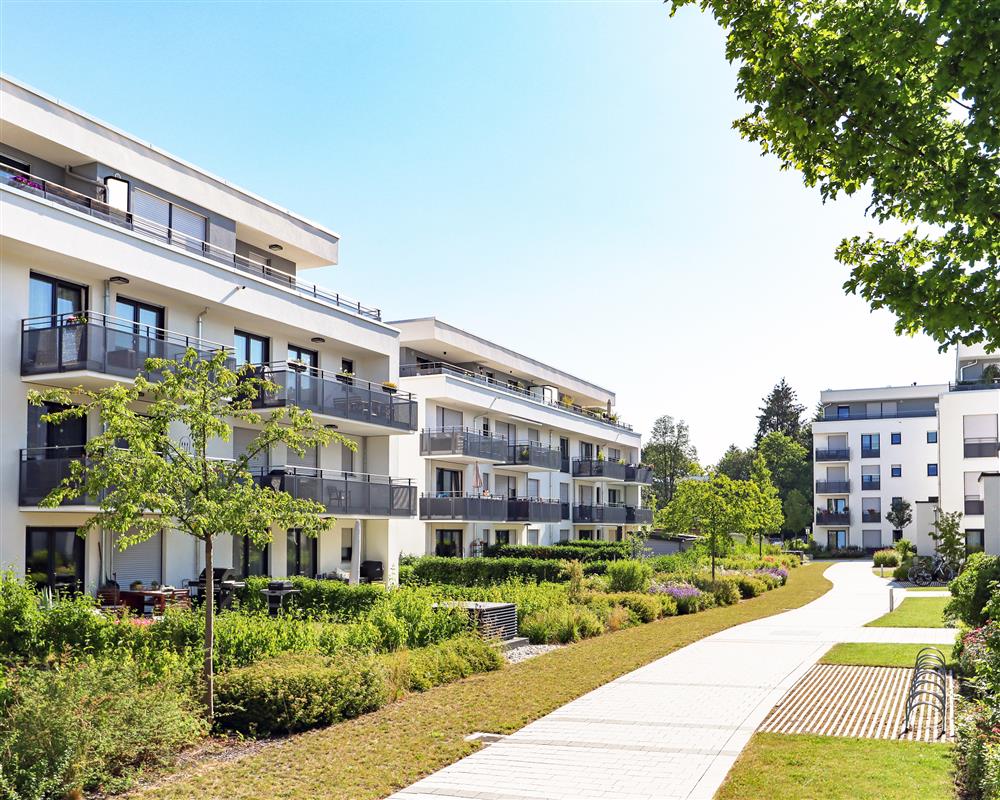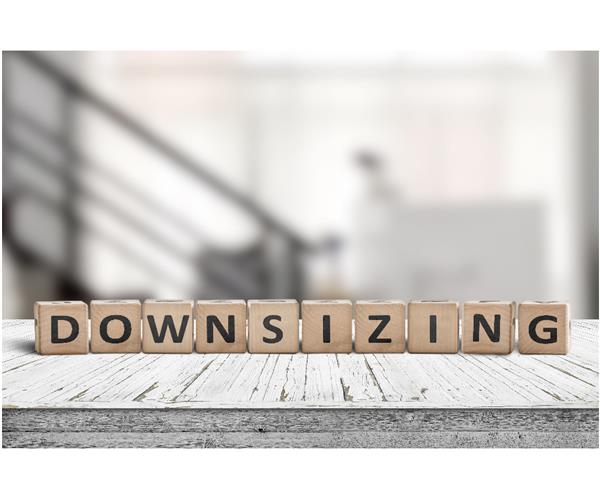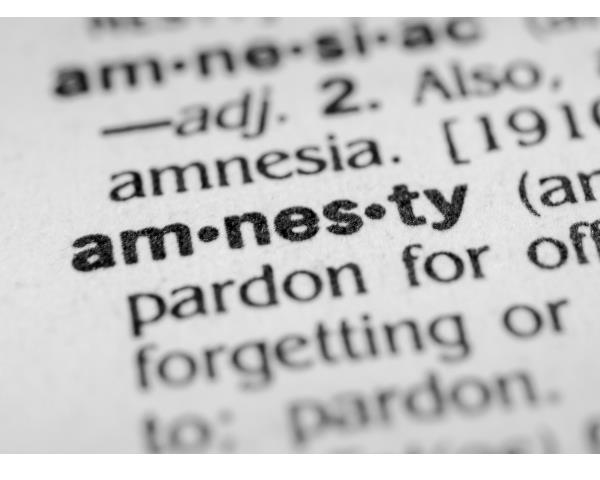
According to PayProp’s Residential Rental Index for Q1 2023, national rental growth saw a welcome return to pre-pandemic levels in the last quarter of 2022, and this positive trend has continued into 2023, despite continued downward pressure from various geopolitical and economic factors.
Percentage of Tenants in Arrears (Gauteng) below National Average:
PayProp sites tenant affordability as one of the greatest challenges for the residential rental sector this year. The national percentage of tenants in arrears showed a marginal increase when compared to the previous quarter, from 18.1% to 18.3% - however, this is the second consecutive increase QoQ. Gauteng recorded a small improvement in the last quarter and the province’s percentage of tenants in arrears falls below the national average, at 16.3%. This despite the fact that the average amount in arrears (as a percentage of the average rental amount overall) owed by tenants is the third highest percentage in the country. While the number of tenants in arrears in Gauteng is lower than the national average, the amount in arrears is on average more than 80% of the monthly rental. In other words, those tenants who are defaulting on their rental obligations are almost a full month’s rent in arrears.
Tenant Affordability Levels Suffer:
Tenant affordability levels have plummeted. Record high interest rates have devastated tenant affordability, as this directly impacts the cost of servicing existing debt repayments. This, coupled with staggering increases in the cost of food and fuel, as well as increases in electricity and the high cost of energy alternatives to mitigate the effects of loadshedding, has pushed living costs beyond income growth, and eaten into the little disposable income available to households. Thanks to ongoing and stubbornly high inflation and the challenges of rising living costs, disposable income does not stretch as far as it used to, and households are increasingly faced with navigating ever tighter income constraints.
Notably, tenants spend almost a third of their monthly income on rent, and the last year has seen tenants’ rent expenditure rise faster than their incomes. 44.5% of tenants’ income is spent on servicing debt and the remaining 26.7% on other essentials like food, fuel, insurance, medical aid, school fees and luxuries like entertainment. If tenants’ finances continue to be squeezed, landlords should expect the percentage of tenants in arrears to climb, or at the very least, the proportion of rentals in the lower price brackets to rise as a result of tenants forced into finding cheaper rental alternatives.
R7 000 – R12 000 Rental Bracket Outperforms:
According to TPN‘s Residential Rental Monitor for Q4 2022 (released May 2023), the most financially vulnerable are those tenants paying less than R3000 per month - having little to no financial buffers in place to protect them against aggressive increases in living and debt repayment costs. These tenants had the highest percentage of non-payment of all rental brackets. In contrast, the middle bracket (R7 000 – R12 000) had the highest percentage of tenants in good standing – those who continue to pay their rent in full and on time. Interestingly, this correlates with the rental bracket with the lowest vacancies for Q1 2023, according to TPN’s Vacancy Survey. Properties priced between R7 000 and R12 000 per month recorded the lowest vacancy rate, at 5.07%, dipping below the national average of 6.19%. Generally speaking, this price band presents investors with tenants who pose the lowest risk of defaulting on monthly rental payments and the lowest risk of a vacant or unoccupied property. The national vacancy rate has improved significantly since Q1 of 2021, where it reached a record high of 14.08% following the outbreak of Covid-19. By Q1 of 2022 it had dropped to 9.88% and has now seen most of the rental brackets recover to pre-pandemic vacancy levels, with even fewer properties standing vacant now than before the hard lockdown.
Rental properties in the R7 000 – R12 000 price band have also seen improved rental growth, with escalations of 4.16%. While improved growth in rental yield is welcome news to landlord/investors, the drop in tenant payment performance in Q4 of 2022 may confirm TPN’s earlier warnings. Tenants who are unable to pay their rent in full and on time will increasingly put rental returns under pressure. Aggressive increases in electricity, rates and taxes, maintenance and building costs, insurance and security will further dampen investor prospects.
Aggressive Rental Escalations Threaten Financial Viability of Property Investment:
PayProp measures a tenant’s financial health and propensity to pay their rent with their credit score, and then categorises these tenants into predefined credit score ranges: high risk, medium risk, low risk, and minimum risk. Their data reveals that the number of high-risk tenants rose in every income bracket (when compared YoY with Q1 2022) except the lowest income bracket - those earning less than R10 000 per month. Credit scores also worsened across the board. With the risk of tenant delinquency on the rise, landlords are warned against imposing unnecessarily high rental escalations. Given that households are under immense financial strain, aggressive rental hikes increase the likelihood that a tenant defaults on their rental obligations or vacates in search of a more affordable option. According to TPN, both scenarios threaten the financial viability of property investment.
Reputable Property Practitioners and Property Managers a Necessity:
It’s imperative that astute investors partner with a reputable property management company, like Etchells & Young, with the knowledge, experience, and sophisticated systems to perform stringent tenant screening and mitigate the risk of tenant delinquency. Identifying and expertly navigating tenant risk is crucial in the current economic climate, given that data from industry experts indicates tenant payment performance is declining in real terms.
Etchells & Young’s comprehensive tenant vetting procedures include a complete credit bureau and criminal check using industry leaders TPN, employment and income verification, previous/current landlord references, bank account authentication and thorough payment performance checks using the applicant’s most recent bank statements. Additionally, Etchells & Young provide a legally binding, fully compliant lease agreement, drafted with the interests of the landlord at heart. The lease agreement draws on the legal expertise of Property Attorney, Harris Incorporated, TPN, and E&Y’s Legal and Compliance Director, Harry Meyburgh, and incorporates their in-depth knowledge and understanding of the complex laws and legislation governing the industry. Given the precarious position tenants’ financial health is in, landlords are advised to partner with a professional property practitioner to protect the longevity of their investment portfolio.
Rental Growth for Properties in +R5 000 Price Bracket:
Comparing how properties are distributed across different rental brackets nationally and provincially in 2022 and 2023, PayProp data revealed that a third of all rentals nationwide fall into the R5 000 – R7 500 rental bracket. The second largest proportion of rentals for 2023 falls into the R7 500 – R10 000 price bracket. Comparatively, in 2022 the second largest number of rentals fell into the lower price bracket, R2 500 – R5 000. The increase in the number of rentals in the second largest value band (from the R2 500 – R5 000 price bracket in 2022 to the R7 500 – R10 000 in 2023) is attributed to rental growth.
Gauteng is one of the more expensive provinces in which to rent, and this is shown in the number of rentals in the higher rental value bands. More than 80% of all rentals in the province are +R5 000 and the proportion of rentals in each price bracket is higher than the national average. However, while provincial statistics for rental growth showed improvement YoY, Gauteng’s rental growth was the slowest of the eight provinces to record positive YoY growth in 2023.
Rise in Demand & Drop in Vacancies Drives Rental Growth:
On a more promising note, the drop in national vacancies and rise in demand for residential rental property is driving rental escalations and subsequently rental growth. According to TPN’s Vacancy Survey for Q1 2023, the previously strong demand for property ownership has swung in favour of the relative financial predictability and protection that the residential rental market offers. Why are property purchases slowing? The high cost of servicing bond repayments, poor consumer confidence, and other broader economic factors beyond their control have hindered aspirant homeowners from entering the sales market - forcing them to remain as tenants instead. Additionally, there are a growing number of homeowners who have had to sell and re-enter the residential rental market due to growing financial constraints pricing them out of homeownership. These tenants are driving demand for competitively priced, well-positioned rental property.
Rental property offers tenants a degree of protection against interest rate fluctuations and a predictable, industry-set rental escalation if they choose to renew their lease agreement. Any repairs and maintenance for the tenant’s account are deducted from the deposit in accordance with what is considered fair and reasonable (in terms of the RHA, lease agreement and entry/exit inspection). Returning the property in the order in which it was received ensures tenants receive their full deposit back, provided regular, thorough cleaning is performed throughout the lease term, the rental property is maintained in good order and any repairs are concluded prior to the tenant vacating.





























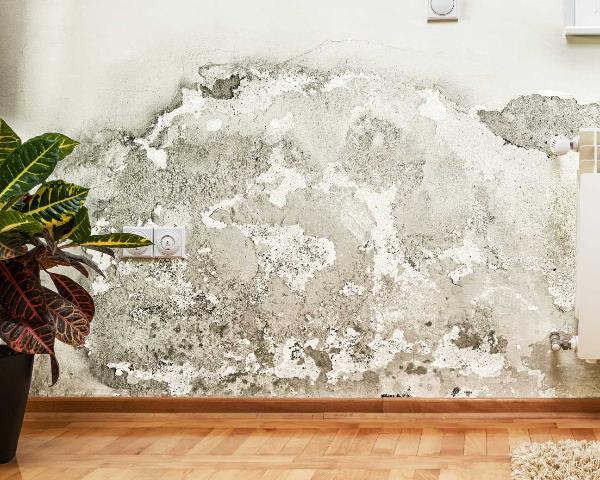
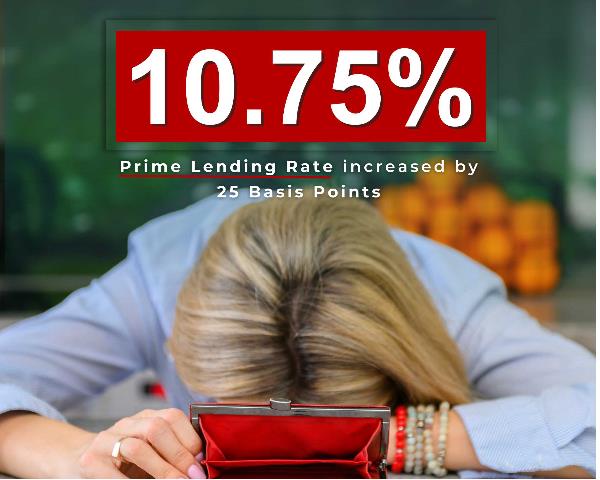















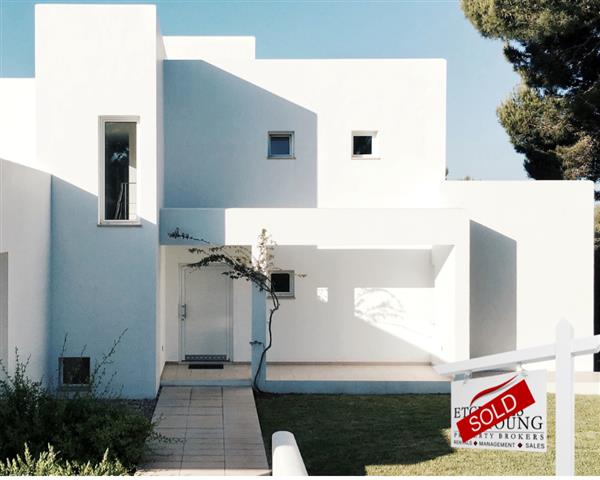



![What is POPIA? [Part 1]](https://s3.entegral.net/news/Thumbnail_2021_10_18_11_53_39_403.jpeg)









